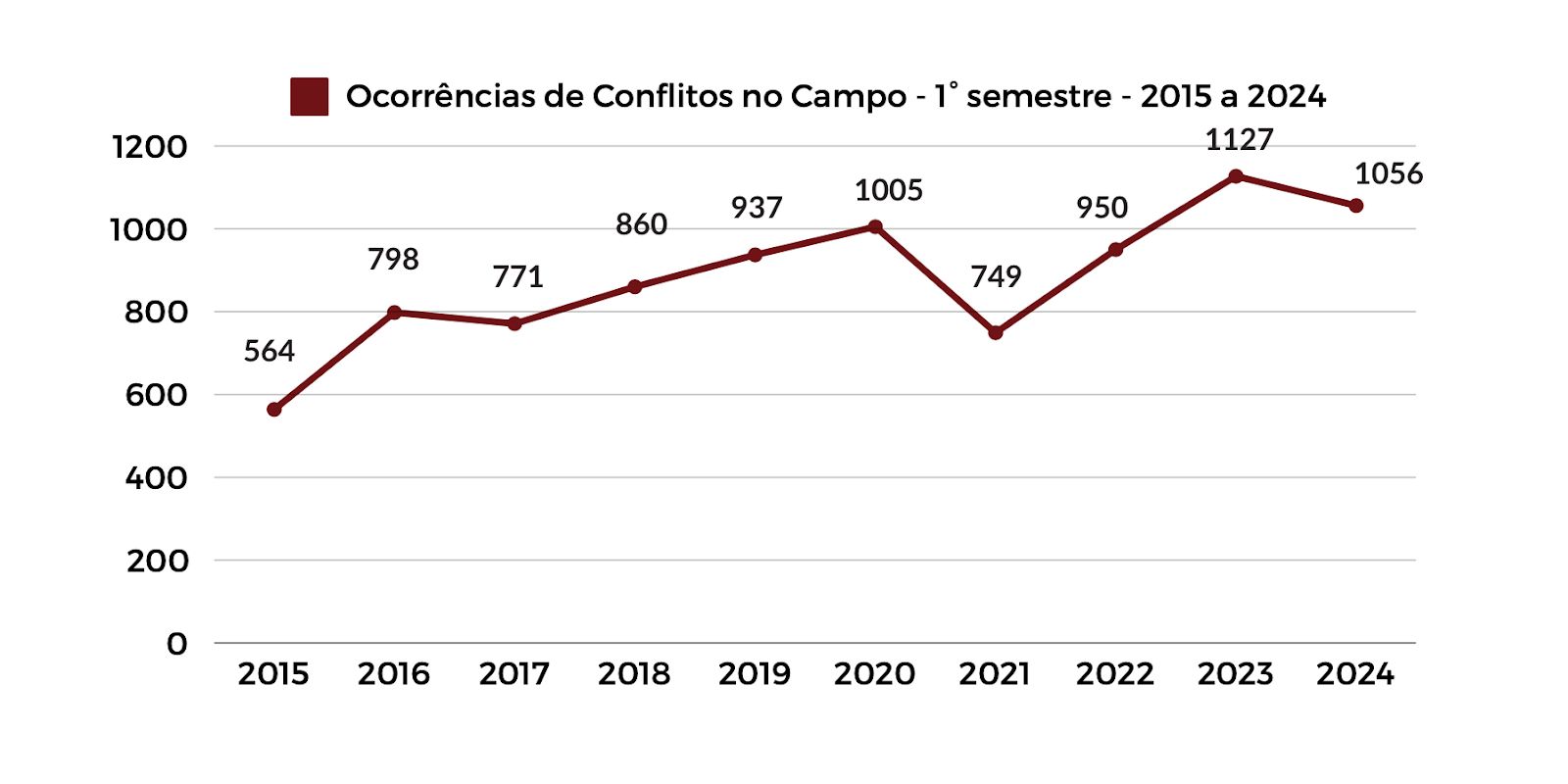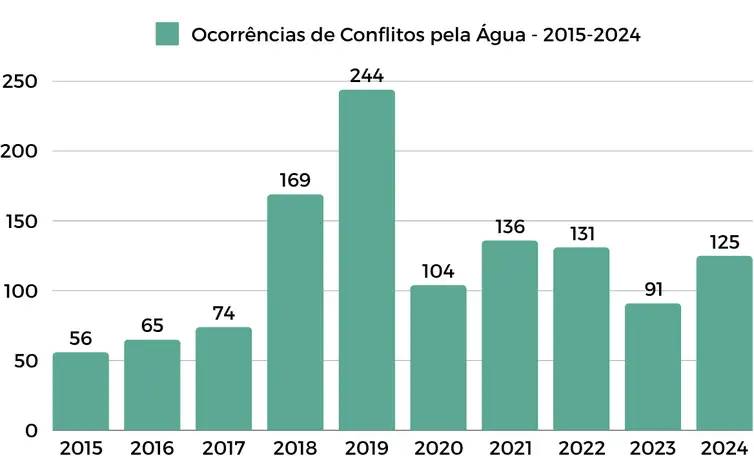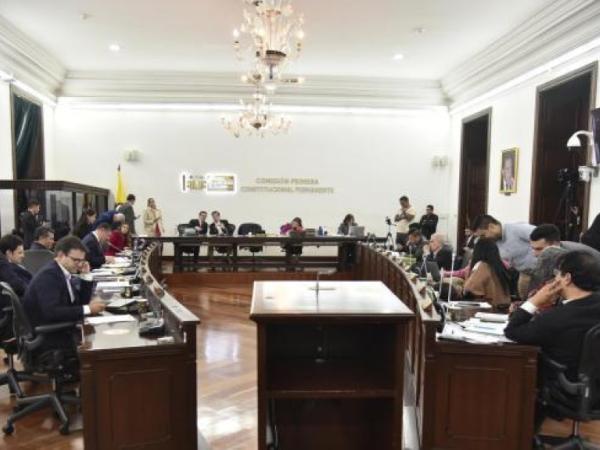The total number of cases of violence in the countryside registered throughout the first half of this year, as well as the number of victims of these conflicts, was lower than in the same period of 2023. The information was released this Monday, by the Pastoral Land Commission ( CPT), an entity linked to the National Conference of Bishops of Brazil (CNBB).
According to the Pastoral Land Commission (CPT), in the first six months of 2024 there were at least 1,056 incidents of conflicts in the countryside. Between January and July last year, the total number of cases reached 1,127 – the worst result since 2015.
Of the 1,056 incidents in the last period, 872 are related to conflicts over land and 125 to disputes over water. The other 59 cases involve work similar to slavery, with 441 workers rescued. In the first group, there was a reduction, since, in the first half of 2023, the CPT recorded 938 occurrences.
“But the number [de conflitos pela terra] reveals a portrait of a still serious reality, of high levels of violence”, pointed out the CPT in the note in which it released the partial data. For the entity, despite the comparative improvement in numbers, “conflict remains high”.
There was also a “significant reduction” in the number of cases of slave labor and rescued workers, which decreased from 98 cases and 1,395 rescues to, respectively, 59 and 441. On the other hand, the number of cases of conflicts over water went from 91 to 125 – the fifth worst result since 2015.
The number (417) of victims of violence against the person is also lower than the previous result (840), although the CPT maintains that, to these victims, it would be possible to add the people who suffer most from the consequences of the climate crisis and arson. “Even though they are computed as qualitative data, which do not add up to violence in the countryside, the impacts of the climate crisis were felt by peasant, quilombola and indigenous communities.” The main types of violence against people actually recorded are death threats (114), intimidation (112) and criminalization (70), with women being more frequently victims of intimidation, criminalization and death threats.
Overall, there were fewer people murdered: six, in the first six months of 2024, compared to 16 in the same period of 2023. However, according to the CPT, another five cases were recorded later, meaning that, by November, the number 11 total murders related to rural violence and land disputes. And there are still nine other unclarified cases under analysis.
Furthermore, according to the commission, violence resulting from pesticide contamination had an “alarming growth”, jumping from 19 incidents in the first six months of 2023 to 182 in the same period this year. “This type of violence, in particular, is part of conflicts over land, water and violence against people”, explained the commission, pointing out that there has also been, in the last period, an increase in occurrences of threats of expulsion, which went from 44 in the first half of 2023 to 77 in 2024.
Until the conclusion of the most recent survey, the majority (235) of victims of land conflicts were squatters (inhabitants of traditional communities who do not hold title to land), followed by quilombolas (116) and landless people (92) . The biggest causes of this violence identified by the CPT are farmers (339), followed by businesspeople (137); federal (88) and state (44) governments and land grabbers (33).
The main victims of conflicts over water were indigenous peoples, present in 35 registered cases, followed by quilombolas (24), squatters (21), riverside dwellers (18) and fishermen (13). On the other side, there are businesspeople (32), farmers (26), hydroelectric plants (23), mining companies (19) and the federal government (8), through public bodies that do not comply with legal procedures to guarantee public policies to the people and communities.
The main types of violence in the Water axis are “Use and preservation” and “Dams and reservoirs”. Among the conflict situations recorded, “Non-compliance with legal procedures” (45 occurrences in 2024), “Contamination by pesticides” (31) and “Destruction and/or pollution” (29) are the ones that grew the most in relation to the year previous.
“It is important to highlight that the numbers released reflect only a part of the cases that occurred in 2024, as the data is only consolidated after processing and validation by the competent supervisory bodies”, explained the commission.
All data was recorded by the Dom Tomás Balduíno Documentation Center (Cedoc), from CPT.
When contacted by the report, the Ministry of Justice and Public Security said that the research Memórias dos Massacres do Campo is underway, which recovers stories of conflicts in the countryside based on documentary survey of the processes and investigations. With this, the department intends to build an audiovisual collection of cases identified between 1985 and 2023 and thus have a better understanding of the treatment given to cases of violence in the countryside, especially in relation to the investigation of facts, processing and accountability. “The analysis will boost the construction of public policies to improve the issues identified”, he said in a note.
The report from Brazil Agency contacted the ministries of Agrarian Development and Family Farming and Environment and Climate Change and is awaiting responses.

















